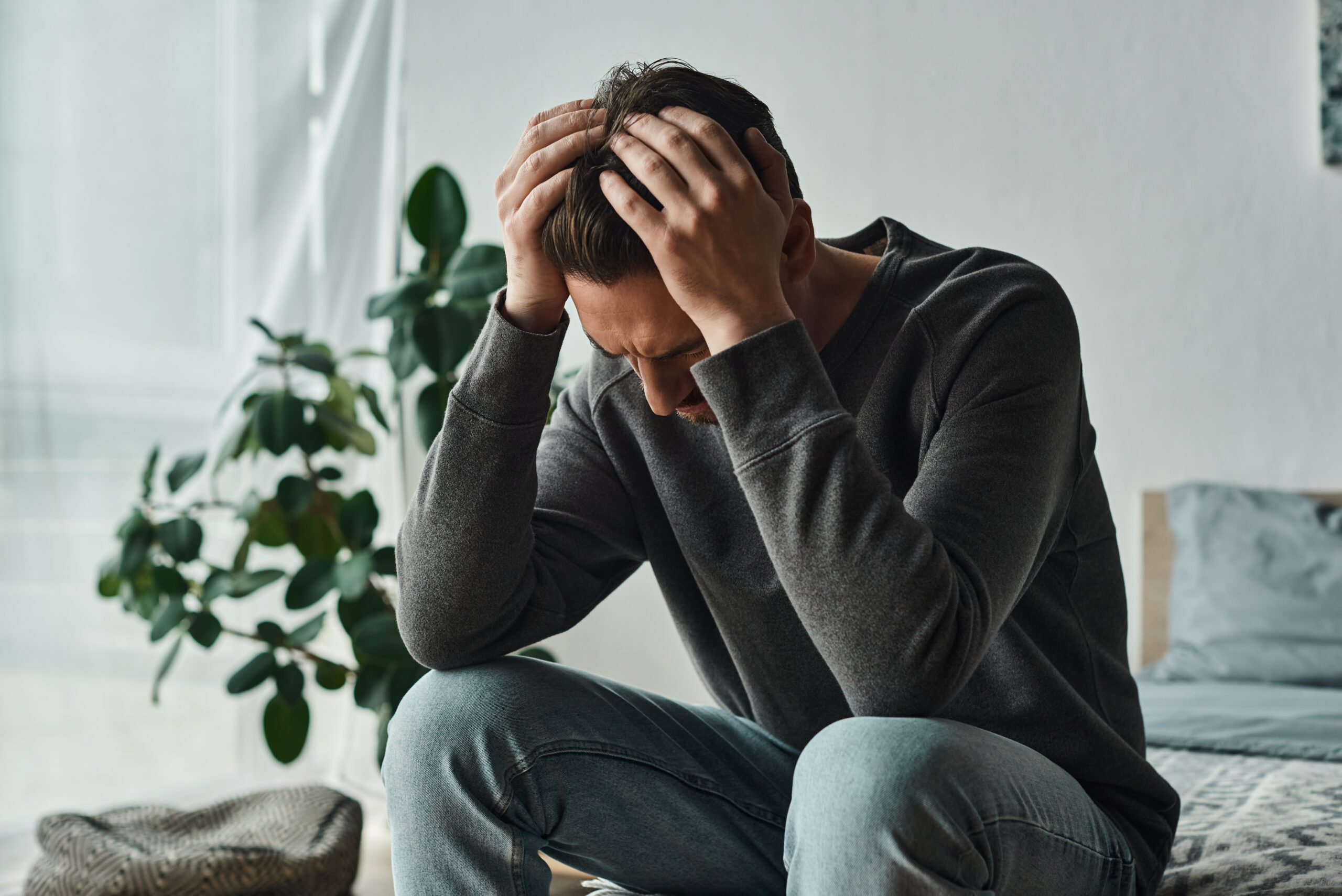While women are more likely to be diagnosed with depression and more likely to attempt suicide, men are far more likely to die as a result of a suicide attempt. There could be several reasons for this disparity. At The Pavilion in Williamsburg, Virginia, we offer compassionate, individualized care for adults and seniors who are struggling with their mental health and may be at higher risk for attempting suicide. We provide mental health education and support to them and their families.
Men and Suicide: Stigma Against Getting Help
Men may be more reluctant than women to reach out for help when they are struggling with their mental health, which could explain why women are more likely to have diagnoses, but men are more likely to die by their own hand. Men may perceive the need for help as an indication of weakness and may be reluctant to divulge their struggles because they believe this will place a burden on their loved ones.
Isolation and Loneliness
Men often experience more difficulty than women in building strong interpersonal relationships. They may not have as many friends to reach out to when they are feeling disconnected. Age may result in the death of loved ones, and without the ability to build new relationships, men may find themselves alone.
The Means of Suicide
Another reason why men are more likely to die by suicide than women may be the difference in what methods they use to make attempts on their lives. Men are more likely than women to own guns, and seniors are more likely to have a firearm in their home than younger people. Men are far more likely than women to utilize firearms to try to kill themselves. Guns are far more lethal than other ways people commonly try to end their lives, meaning that the person is more likely to die, even if they receive emergency medical care. More than half of all firearm deaths are suicides, and more than half of all suicides involve guns. For this reason, it is especially important to remove access to firearms when there are concerns that a person might try to end their life.
Missed Opportunities for Intervention
Because of differences between men and women, there are often missed warnings when a man is considering taking his life. A UCLA-led study found that police reports detailing suicides by men and women contained different keywords, potentially indicating different triggers for their distress. Reports pertaining to women more often contained words related to mental health interventions, like therapy, intensive care unit, and welfare check. Mental health professionals would readily recognize these as red flags for suicidality. Reports pertaining to men were more likely to reference:
- A lost job
- Alcohol use
- Money concerns
- Odd behavior, agitation, or indecision
- Making mistakes
- Cognitive difficulties
These may not be the terms that professionals are looking for when trying to address suicidal behavior. When mental health struggles were noted in reports regarding men, interventions were often absent or the patient wasn’t cooperating with treatment.
Mental Illness Looks Different On Men
Depression, anxiety and other mental health concerns may manifest differently in men than in women. Men may seem more agitated, violent, or angry, or they may be more likely to engage in risky or self-destructive behaviors, which may elicit a less empathetic response from mental health providers. This may inhibit rapport-building and make it less likely that men will receive help when they need it. Men may not even recognize their own symptoms as mental health-related. They may assign some other cause to depression-related headaches, digestive issues, and physical pain or downplay the severity of their symptoms.
Coping Skills That Could Reduce Suicide in Men
Men who do utilize mental health services often find that they are better able to manage distressing emotions after they develop the following coping skills:
- Being better able to note their emotions and find ways to address difficult ones
- Stress management techniques like meditation, mindfulness, and problem-solving strategies
- Learning new ways to think about their experiences
- Setting more realistic goals and breaking these down into manageable tasks
- Seeking out emotional support from an intimate partner, friends, and family
- Learning how to build more and stronger social connections
- Staying on a routine and making healthy lifestyle choices that promote emotional well-being
At The Pavilion, we value the importance of men’s mental health and want to ensure that they have the resources they need to thrive. We provide individualized care to each of our patients and work with their loved ones to ensure they have the information they need to provide ongoing support.






